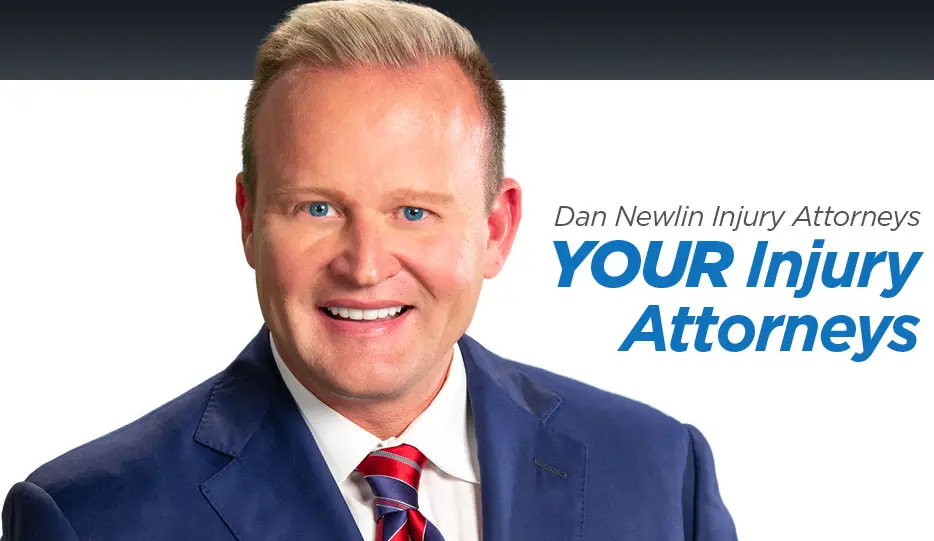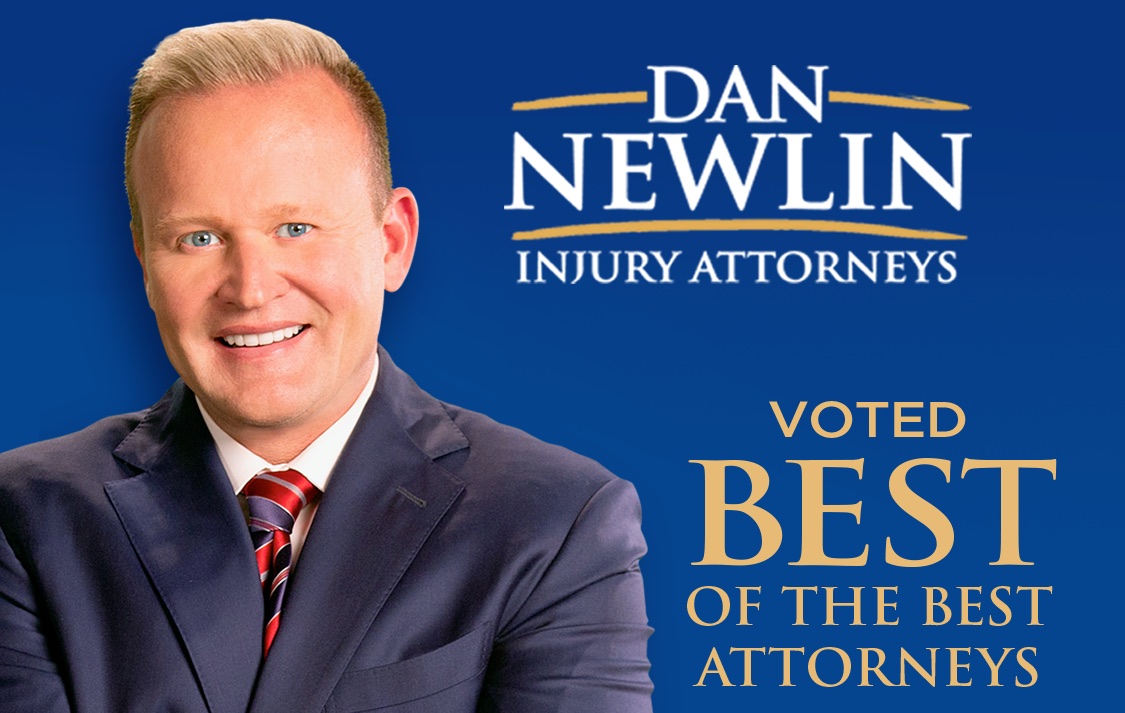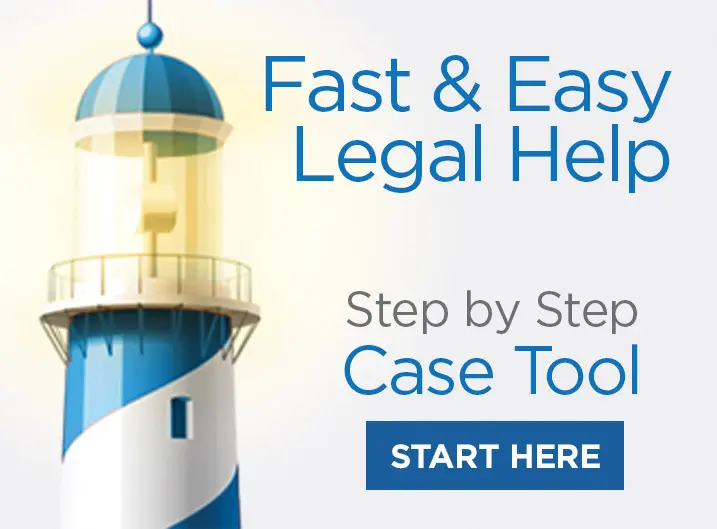FAQ's: Your Questions Answered
FREE CONSULTATION
Can I sue my employer if I am hurt on the job?
Workers compensation is an exclusive remedy. In other words, if an employee is injured as a result of an accident that occurred in the course and scope of their employment, an employee cannot bring any other claim against their employer for the injuries sustained as a result of that injury. An employer may not sue an injured worker for causing a catastrophe nor can the injured worker sue the employer for their injury. This trade-off makes it possible for injured workers to receive immediate medical care, at no cost to the injured worker, without any consideration for who was at fault, the employer or the employee. In civil law, negligence must be established through litigation before any compensation is awarded. Under the workers compensation law, there is no need to prove negligence.
Just because an injured worker makes a claim for an injury suffered while performing their job duties does not preclude them, under certain circumstances, from bringing an action against a third party (tortfeasor) if that third party committed a negligent act that caused, or contributed to, the work related injury.
If an employee, who was driving a company vehicle at the time of the work related accident, is involved in an auto accident with a non-employee, the worker has a valid workers compensation claim for any injuries he may sustain. The worker also has a potential claim against the driver of the other vehicle involved in the crash. While the comp claim is automatic, and is not contingent upon a determination of fault on the other driver’s part, the auto accident would require proof of negligence as to the third party for the worker to be able to bring a successful claim.
Many work related accidents are the result of a slip and fall, or other dangerous condition that exists on the property where the employee works or travels while performing their job duties. If the property where the injury occurs is owned by the employer, the worker will get compensation benefits regardless of if the employee had any unintentional fault for the accident, but the employee would have no other claim against the employer. If the property is owned by someone other than the employer, and the employee can demonstrate that there was negligence associated with the property owner’s maintenance or care of the property, the employee may have a cause of action for their injuries against the property owner.
There is always the possibility to bring a collateral action against a third party tortfeasor if the third party was responsible, even in part, for an injury that occurred while the employee was in the course and scope of their employment. In the event comp benefits are, or will be, paid to the injured party, the comp carrier may have the ability to file a lien, or receive repayment, for any benefits that were paid to the injured party in the event the party receives any monetary settlement or compensation for the same injuries.
Involved in a work related accident where someone not associated with your employer may be at fault for your injuries? Do you have questions on what you may owe your employer if you receive compensation from a collateral source? Don’t make a mistake that could cost you money. You need the help of an experienced attorney to ensure your rights are protected and you receive all the compensation you are entitled to when you are involved in a work related injury. Call Dan Newlin at 800-257-1822.









